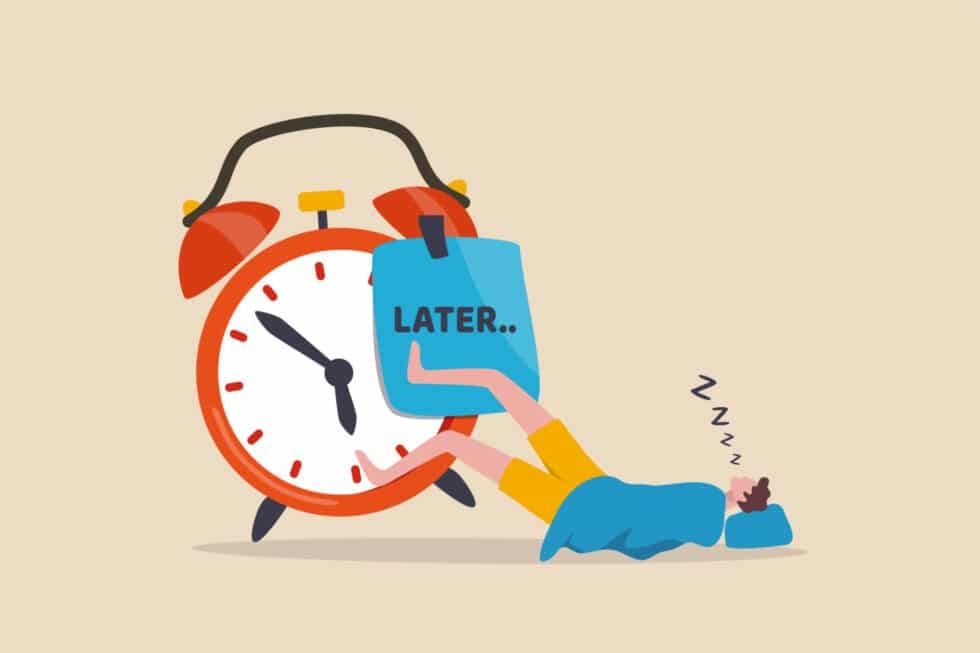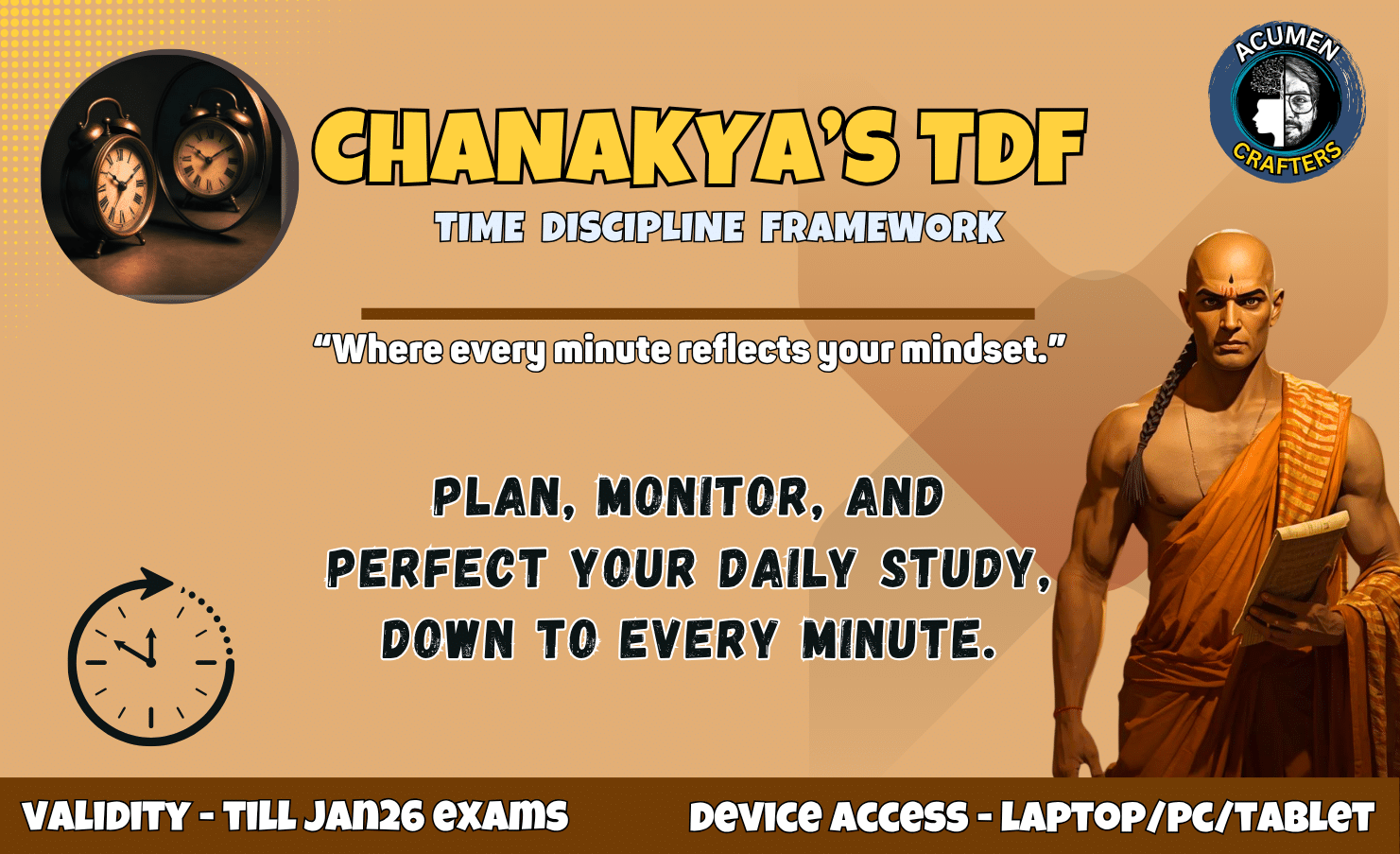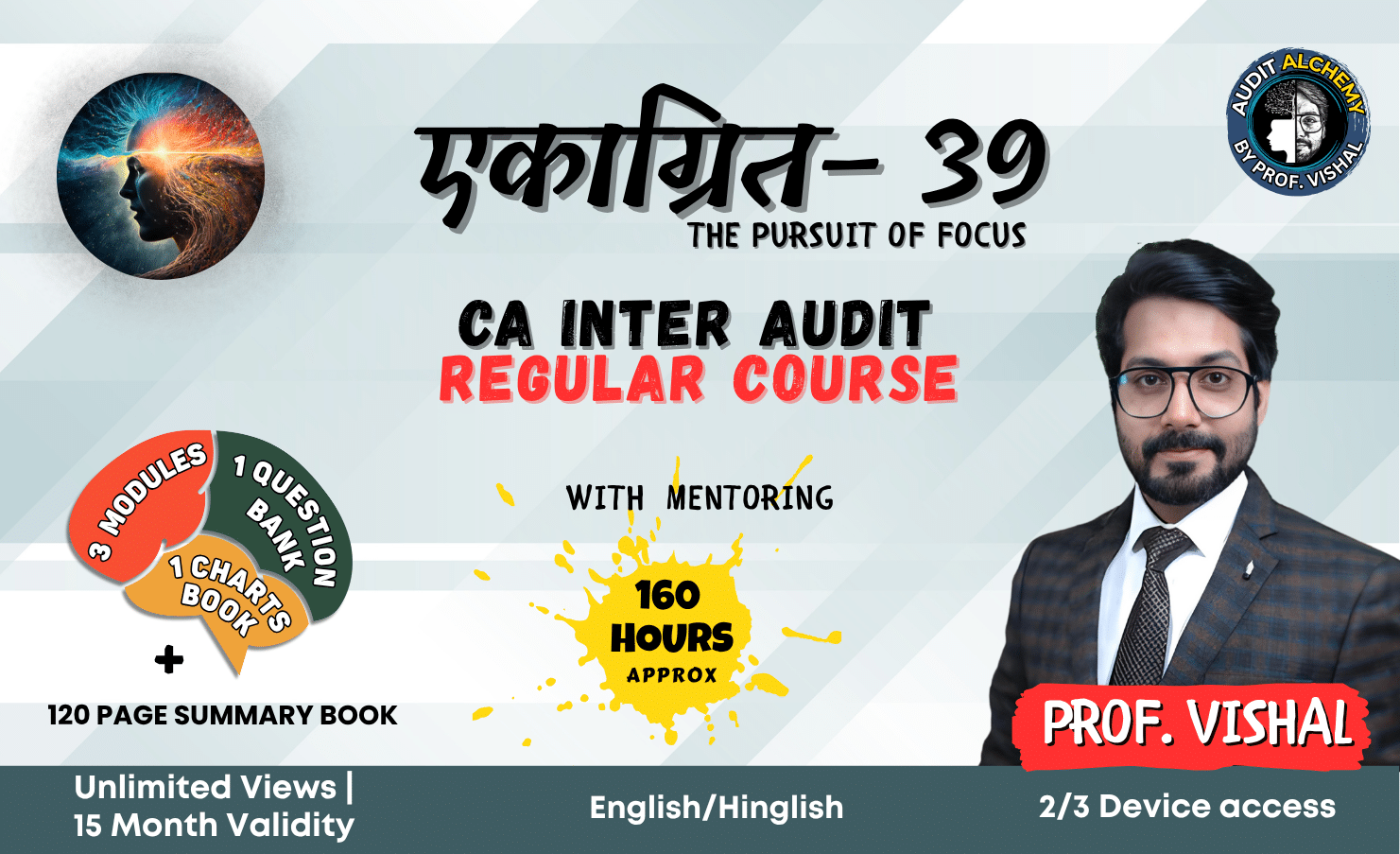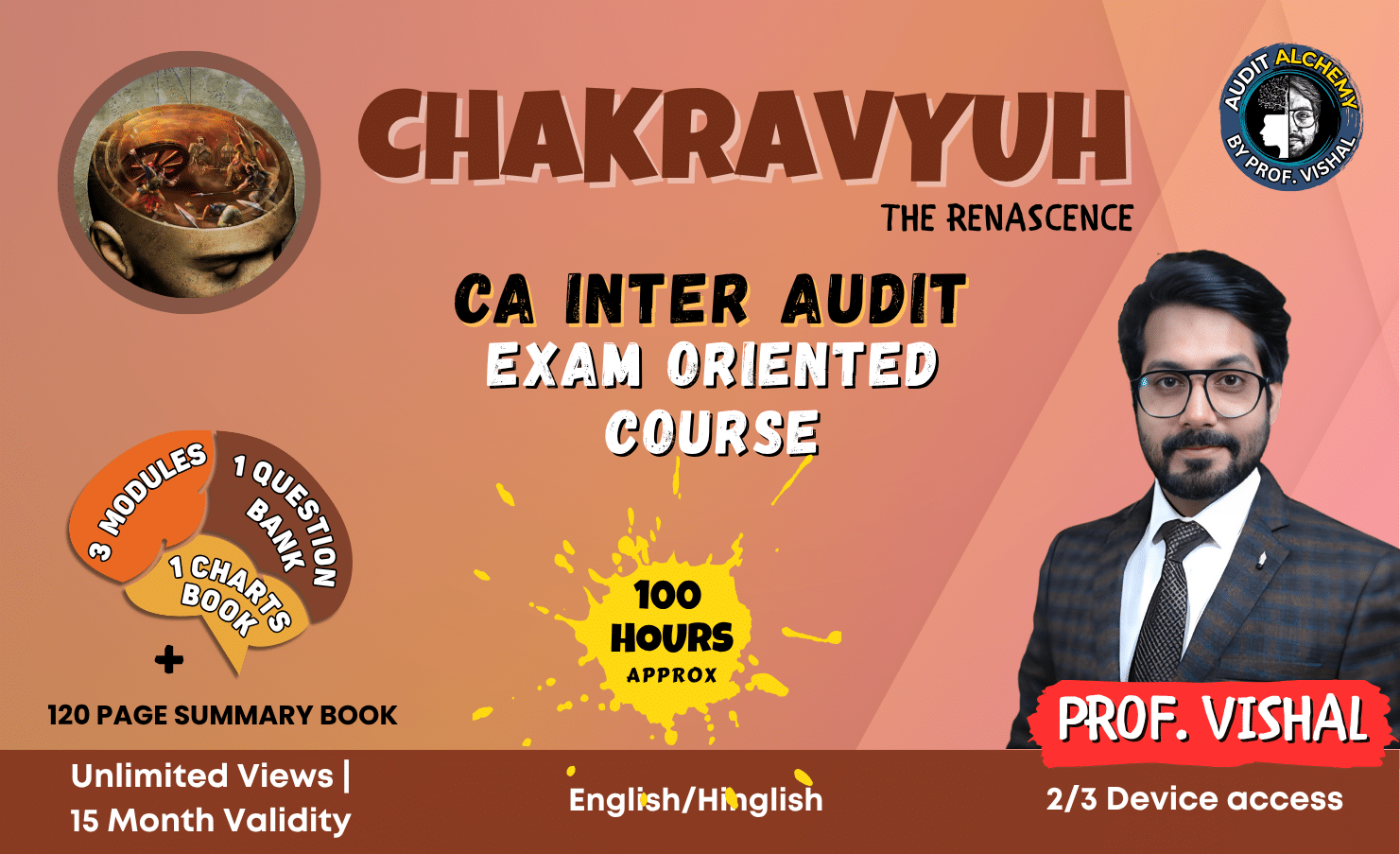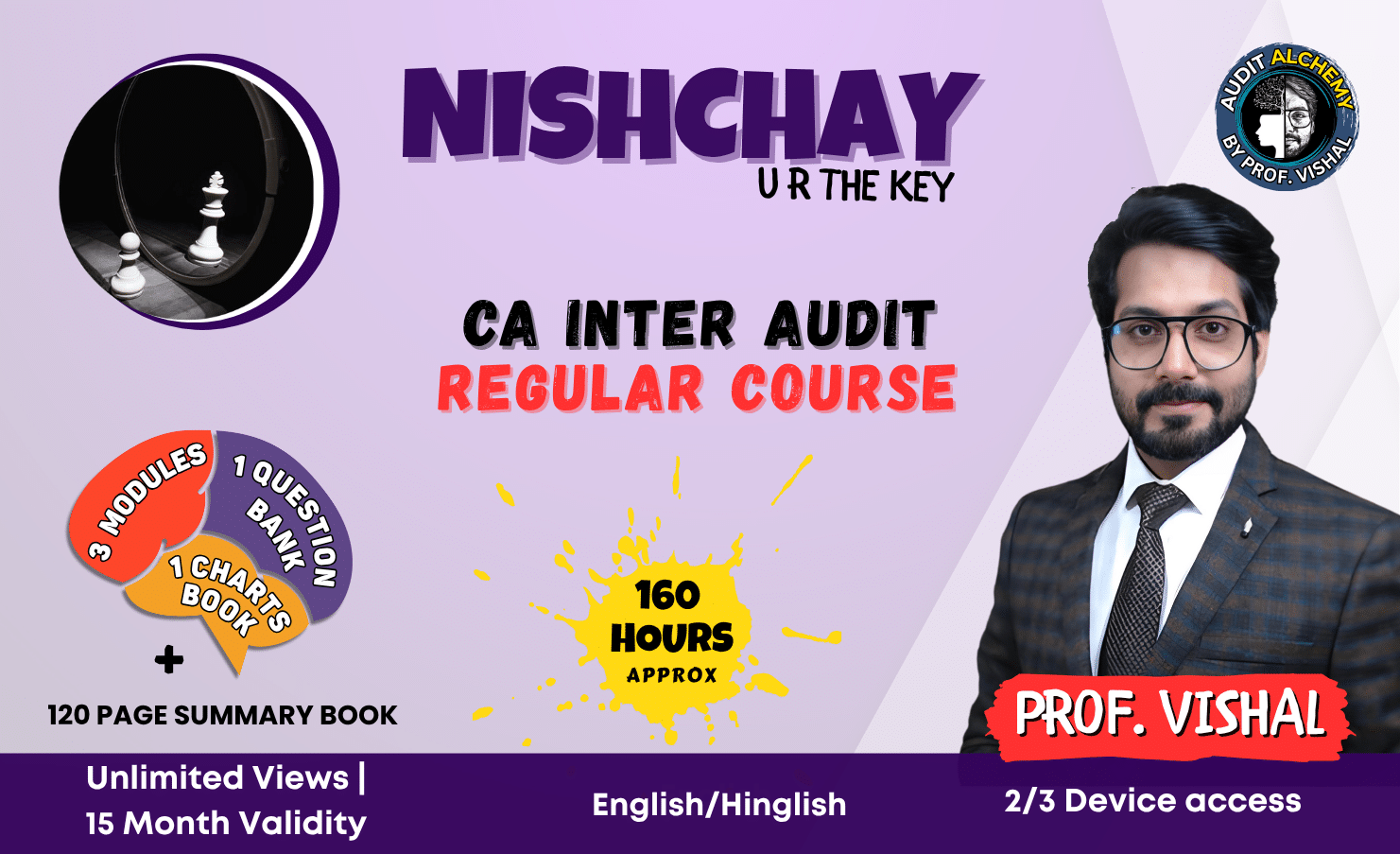We’ve all had those days when the thought of hitting the books feels like an insurmountable challenge. Sometimes, this lack of enthusiasm persists for an entire week. You’re tired, a bit grumpy, and all you crave is some well-deserved relaxation. Meanwhile, you can’t help but envy your friends who have the luxury of unwinding after work without the specter of studying looming over them.
However, the most accomplished students are not those who wait for the stars to align before they embark on their study sessions. They understand the significance of maintaining a consistent effort, even when motivation is in short supply.
Just because you’re not in the mood to study doesn’t mean you can’t make progress toward your goals. In this blog post, I’ll share 15 practical strategies to help you overcome those challenging moments when the thought of studying seems daunting.
Before we delve into these strategies, consider registering for my free resource library. There, you can access my invaluable study session planner and a wide array of printables and worksheets designed to enhance your well-being and boost your success as a student.
Now, there are two critical considerations when applying the advice in this blog post:
1. Differentiating Between Fatigue and Burnout:
It’s essential to distinguish between not feeling up to studying and experiencing genuine burnout. Feeling a tad fatigued, bored, or unmotivated is one thing, but being utterly exhausted is another. If you find yourself in the latter category, it’s imperative to grant yourself a well-deserved evening off.
Give yourself permission to relax without the burden of guilt because self-care is paramount. Nourish your body with wholesome food, stay adequately hydrated, indulge in a relaxing bath, savor a good book, enjoy some leisurely TV time, and make sure to get a restorative night’s sleep. Take a moment for yourself, and return to your studies rejuvenated tomorrow.
2. Making Deliberate Choices:
Choose consciously between productivity and intentional relaxation. It’s counterproductive to forgo your study commitments in favor of an hours-long Netflix binge if guilt haunts you throughout. I’ve been down that road, and the following day, I still lacked the motivation to study because I hadn’t truly unwound the night before—a never-ending cycle.
So, the next time you’re faced with the decision of whether to study or unwind, contemplate these two options:
Option 1: Select one, two, or three activities from the following list to boost your motivation and productivity.
Option 2: If a restful evening today means you’ll approach your studies with renewed vigor tomorrow, then fully embrace your downtime today, secure in the knowledge that you’ll return to your work re-energized.
I’ve categorized the following list of activities based on the time you have at your disposal:
When you have 10-20 minutes:
1. Neatly organize your workspace.
2. Compile a list of the top 3-5 tasks you need to tackle tonight or tomorrow.
3. Review your most recent notes: Do you grasp the concepts fully? Can you simplify any parts? Consider including examples or notes that provide additional context. Jot down any supplementary insights.
4. Investigate the availability of past exam papers that you can download to gain insights into potential questions.
5. If you harbor questions about an upcoming assignment, consider reaching out to your tutor for quick guidance. Such guidance can prove highly beneficial when you commence your essay in a few days.
6. Dedicate a moment to peruse your schedule for the upcoming month. Identify any conflicts between appointments, events, and your essay or exam dates. Develop a plan to ensure your study time seamlessly fits into your commitments.
7. Engage with one of my instructive blog posts to acquire fresh study skills and knowledge.
Read more:CA Final Result November 2022 – Pass Percentage, List of Rank Holders, Marksheet, and Trend Analysis
When you have 30-45 minutes:
8. Research your next essay question and jot down initial ideas, concepts, or examples that come to mind.
9. Create or adapt a diagram that you intend to incorporate into your forthcoming essay. You can employ tools like Microsoft PowerPoint for this purpose.
10. Methodically arrange and catalog your notes.
11. Condense the content of a topic into a concise one-page revision mind map.
12. Initiate online research by bookmarking pertinent links for future reference.
When you have 1-2 hours:
13. Complete note-taking for a specific section of your study materials.
14. Prepare for your upcoming essay: Establish the document, input the essay question and any relevant guidelines, enumerate the key ideas you aim to explore, and define essential terms.
15. Create flashcards encapsulating key points gleaned from your study materials.
These strategies are designed to help you maximize your study time, even during those challenging moments when your motivation wanes. By selecting one or more of these activities, you can keep the study momentum going and make progress even on days when you’d rather not open the books.

